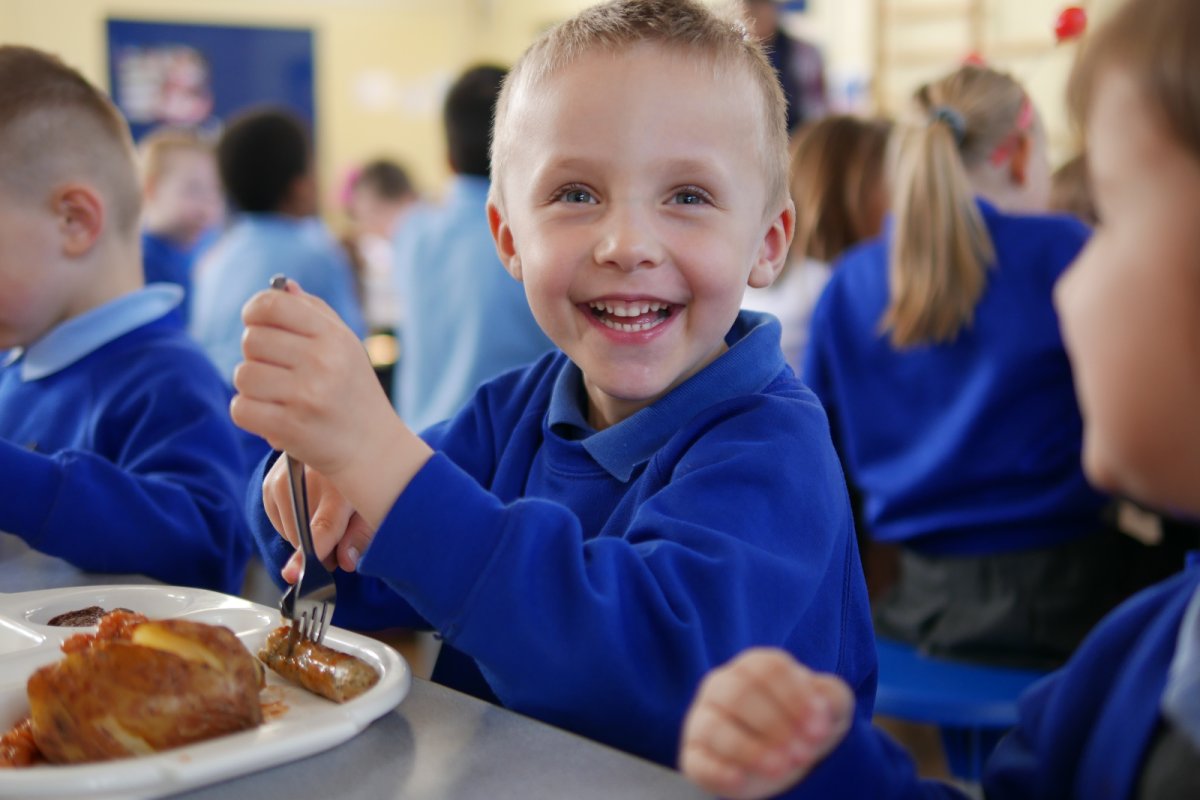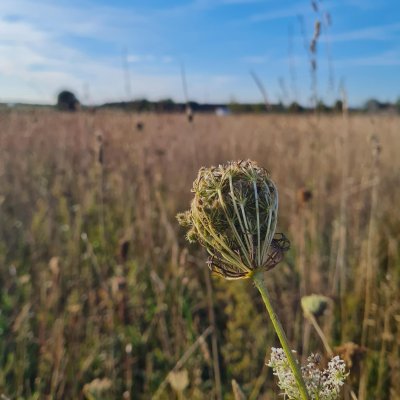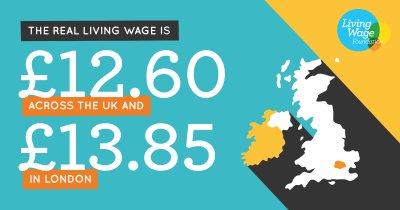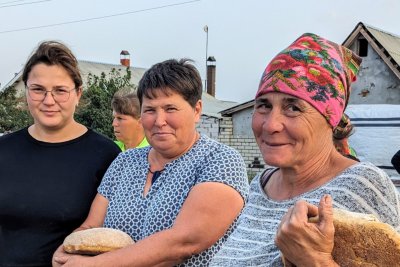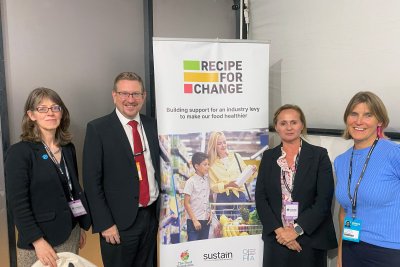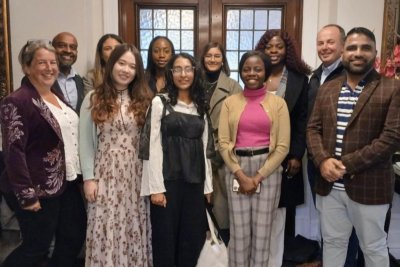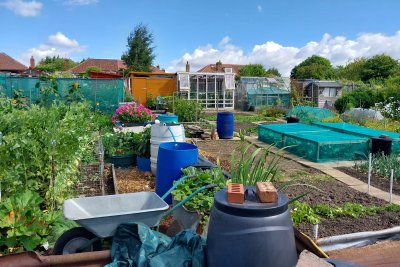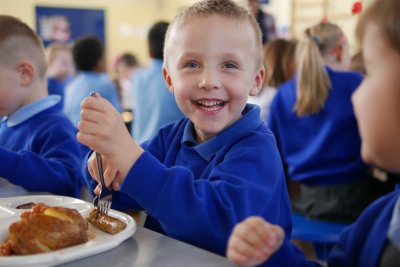 Credit: Swaythling Primary School, Southampton
Credit: Swaythling Primary School, Southampton
Shooting for the moon: how we’re getting healthy, nutritious school meals to more children
Millions of children are returning to school across the country, but despite huge public support there is still no commitment to ensure they can all access healthy school meals. Headteacher John Draper explains why Swaythling Primary School in Southampton is going the extra mile on school lunches for a second academic year.
It’s back to school time. The earlier sunsets, hints of Autumn and reluctant acceptance that a sustained heatwave isn’t going to arrive now - or if it does, too late for teachers like me to make the most of it - all put me back in the reflective mode that is the hallmark of the first days of September. A mixture of reflection and optimism - the late summer new year resolution mode familiar to anyone in education.
The last academic year was an eventful one. The usual myriad events that make up the school year: incredible highs as pupils, staff and the wider school community delight themselves with triumphs, successes and acts of kindness, alongside some truly grim and daunting challenges facing members of the community.
However, one initiative in particular last year gives me cause to feel proud and think ahead to how we can move it forward in the coming academic year. Operation Moonshot.
Operation Moonshot
Operation Moonshot was our project at Swaythling Primary to widen access to free school meals. Although providing all children with a free meal would have been my preference, it was clear that trying to do that would be prohibitively expensive for our small school to fund alone. We concluded that the next best thing would be to provide a meal for all the children from families on Universal Credit. There were huge barriers to getting this off the ground – as I shared in my blog for School Food Matters last December - but an incredible act of kindness from an elderly gentleman kick-started the project. We have now been providing free meals for the Universal Credit children for nine months - we are reasonably well resourced for this new term, but are still actively fundraising to see how much further we can take it.
To continue its programme, Swaythling Primary School will be holding a gala fundraising dinner for Operation Moonshot on November 23rd. For more details, or to offer support, email moonshot@swaythlingprimary.org
With projects like this, it’s always hard to measure success, or even define what it looks like. However, we have tracked the attendance of the ‘Moonshot Children’, it’s improved, and it’s higher than the school average, and higher than the ‘traditional’ free school meal children. I do know that it’s made a real difference to some of our families - parents (particularly mothers) who have been able to return to study or work, a pressure off the weekly budget that means finances are marginally less stressed. Many people still don’t realise that most families on Universal Credit are working families, this group have been particularly hard-hit by the post-pandemic cost of living crisis. Many of them are new to the extreme levels of budgeting and sacrifice required to make ends meet in the way that so many more families are having to at the moment.
I’ve been absolutely astonished by the generosity of spirit of so many people. Following the initial publicity we had donations from ex-pupils who had attended the school decades ago, from people who saw the TV piece, and people who got talking to members of staff about what we are doing. People really do care about the issue of children’s lack of access to food.
In a way, we have gone way beyond what we set out to do. In the publicity that surrounded the launch of the project in January last year, we managed to find an extended school provider who was interested in taking on our little primary - in fact they now also provide holiday club provision. Our small commission from providing the accommodation, services and fuel bills just about covers the cost of providing the additional fifteen meals a day. Everybody has won in a way: our better-off working families have access to the affordable extended school provision they needed, our moonshot children have their meals funded, and we managed to negotiate with the external provider a couple of free places at both the breakfast/ after school club for our children in extremely difficult circumstances. We also connected with a provider of adult training in budgeting and cooking and have offered classes for free to our parents.
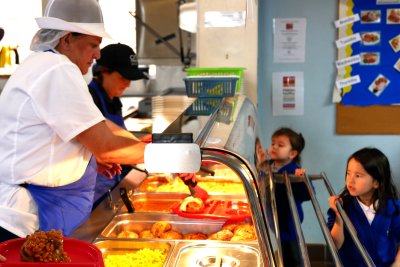
Shooting for the whole of the moon
And yet, it doesn’t feel like the end. I believe that we have hit on a scalable model. In schools with a good, representative demographic spread (which I realise is very far away from being all, or even most schools) it is possible to meet the needs of one demographic group by providing for the needs of another. I hope to roll the model out to another school at some point in the next year.
However... as many other people quite rightly point out to me, in many ways, it’s ridiculous that we have to do this. The £7400 cut off for Free School Meals eligibility hasn’t changed in over four years, whereas the cost of food has gone through the roof - for families, schools and our caterers. One thing that hasn't changed in the last year is my view that the present situation can’t continue, and we need to do something at a national level. In summary:
- The means testing is time consuming, expensive, a huge drain on office staff time and potentially demeaning for desperate parents who are under financial pressure.
- Food poverty can be subtle; we’ve noticed that many lunchboxes now contain cheaper, calorie-dense foods and less fresh produce.
- It’s in everybody’s interest if the school meal market is functioning well. Currently demand is going down (because families are feeling the pinch) and costs are going up (energy and food). Many of our suppliers will go out of business if these trends continue. The economies of scale with universal eligibility would mean that the business model is more sustainable.
- Obesity and malnutrition are both rising at an alarming rate, so isn't it a very sensible first step just to make sure that all children have access to at least one nutritious meal?
- We seem very keen on all children wearing the same school uniform on the grounds of it being a great social leveler, but wouldn’t equal access to food be just as great?
Surely though, if that’s not immediately affordable, we must do something. Widening eligibility to all families who qualify for universal credit must be an urgent priority on the road to ensuring that every child who attends our school has access to at least one hot, nutritious meal a day.
Agree with John? Say Yes and add your name to our interactive School Food For All map today!
Children's Food Campaign: Better food and food teaching for children in schools, and protection of children from junk food marketing are the aims of Sustain's high-profile Children's Food Campaign. We also want clear food labelling that can be understood by everyone, including children.
Sustain
The Green House
244-254 Cambridge Heath Road
London E2 9DA
020 3559 6777
sustain@sustainweb.org
Sustain advocates food and agriculture policies and practices that enhance the health and welfare of people and animals, improve the working and living environment, promote equity and enrich society and culture.
© Sustain 2024
Registered charity (no. 1018643)
Data privacy & cookies
Icons by Icons8
